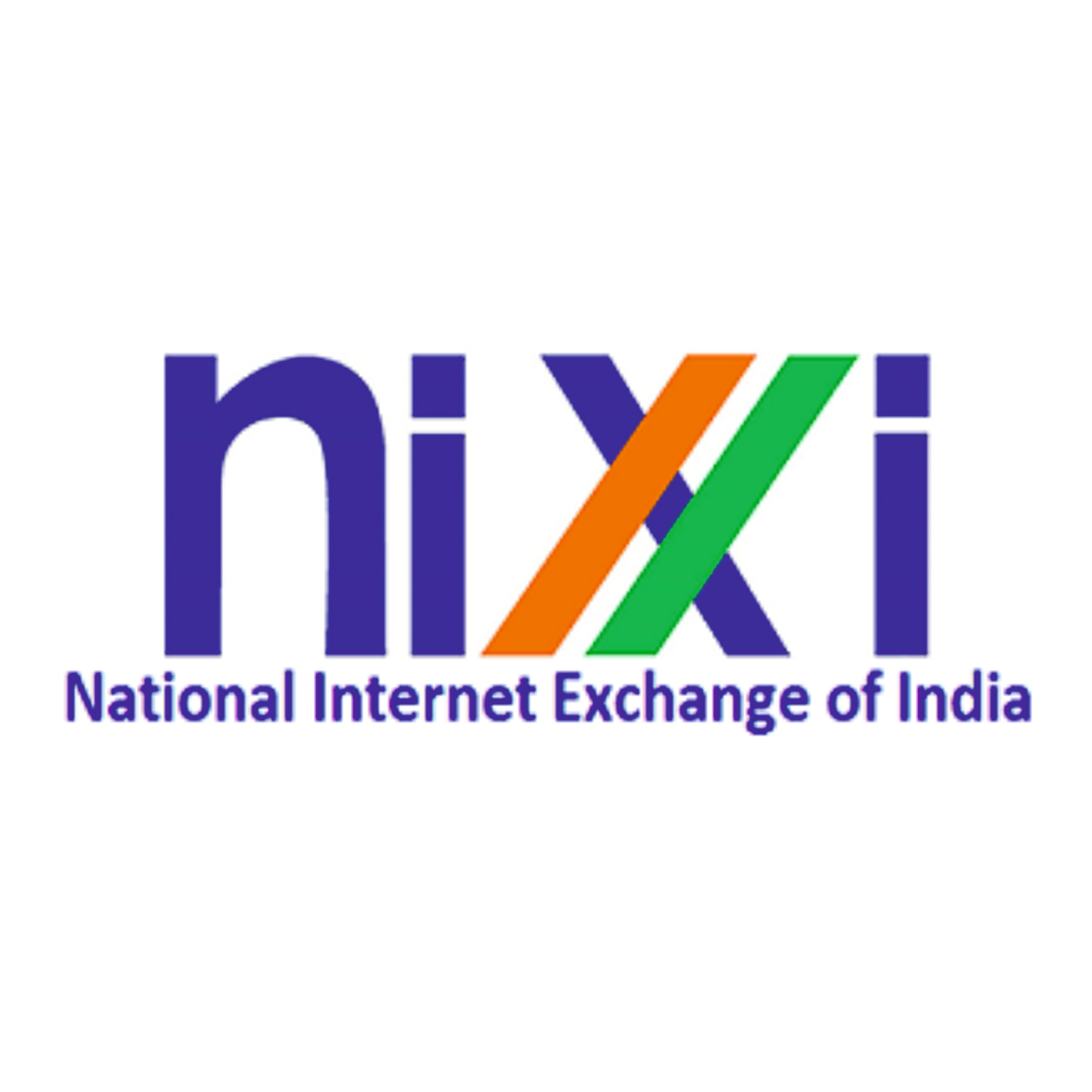Velocity is addressing financing challenges with its revenue-based financing model
Velocity COO Atul Khichariya says that fixed EMI products in the lending and fintech business make no sense for most D2C businesses, and revenue-based financing is the future of the vertical.
Taking loans to finance a company can turn out to be a tricky task for any entrepreneur, as fixed EMI obligations can have a major impact on the cash flow positions of the company. Especially for online brands where seasonality and uncertainty are inherent nature of the business, revenue-based financing has come as a lifesaver.
Revenue-based financing constitutes a process where businesses have to pay a fixed percentage of their revenue as the repayment of financing loans. It stays flexible through the course of the repayment process and doesn’t include any hidden costs, and gives entrepreneurs more control of their business compared to traditional financing sources like banks and venture capital.
is one such brand that offers revenue-based financing options for D2C brands and e-commerce businesses. Founded by IIT Bombay alumni Abhiroop Medhekar, Atul Khichariya, and Saurav Swaroop in 2020, the brand is India’s largest revenue-based financing platform that offers non-dilutive and collateral-free growth capital.
Genesis of a financing platform
All the co-founders of the company have the experience of working at reputed organisations like McKinsey and Acko Insurance. Abhiroop has been the 2nd time founder and former McKinsey manager who has experience in financial services and tech startups.
Atul, on the other hand, is an experienced operator with an eye for tech enablement and automation. He has the experience of leading a multi-tier team at to manage operations and customer experience. Saurav is the technical architect of the team and is experienced in managing tech teams and building scalable platforms.
Atul says that from the co-founders’ collective experience, they figured out that even though a lot of companies exist in the lending and fintech business, the majority of them offer only a fixed EMI product. Before starting Velocity, they tried their hand at another app-based home service startup called Taskbob, where they acquired customers digitally.
“We were burning a lot of equity capital for our working capital usages. That is where we figured out that using equity capital for revenue linked working capital expenses wasn’t a good idea, and that there should be other means available,” says Atul. he says that they realised there was only a fixed EMI product in the market, which doesn’t suit the requirement of most businesses, and this gave them the idea of starting a revenue-based financing platform.
USP, growth, and future plans
Apart from the fact that Velocity offers a flexible and non-dilutive alternative source of capital, Atul says that the value proposition of the brand is the fact that they are fast. “Right now we are offering anywhere from 5 lakhs to 3 crores of capital to online businesses. With traditional sources, the process usually takes 20 days to 3 months, but we complete the entire process within 5 days,” he says.
He adds that when they started, they focused only on online business because their data is transparent. One of the key parameters for Velocity to grow is to work with brands and companies where they can track their revenue in real-time.
Atul attributes the growth of Velocity to a shift in consumer behaviour after the pandemic hit. He says that D2C brands began to realise that they were making good sales in the online ecosystem, and started approaching Velocity for their working capital requirements to accelerate growth and capture market share.
Atul says that they were looking for a .com domain, but since the .in domain was easily available, they went for it. And since their product targets businesses pan-India, Atul says that it didn’t put them at any disadvantage.
Looking forward, Atul says that they are working with more than 200 brands in the present day with around 275 investments. He says that the objective for them is to fund 1000+ brands within the next year, and build a loan book of around INR 1000 crores. He adds that they are building a full-stack D2C solution in order to help startups with financing.
“Financing is one of the means through which a business can grow their brand. We have launched a product, Velocity Insights, which provides insights to the business owners about various parameters like total sales, a number of orders, AOV, and return on ad spend. The idea to offer this product to more D2C brands so that they can keep track of the business better,” Atul concludes.
The ‘Shaping India Inc's Online Growth’ series chronicles the journeys of startups and SMEs in India and how creating an online presence on the .in or .Bharat domain powered their success stories.








